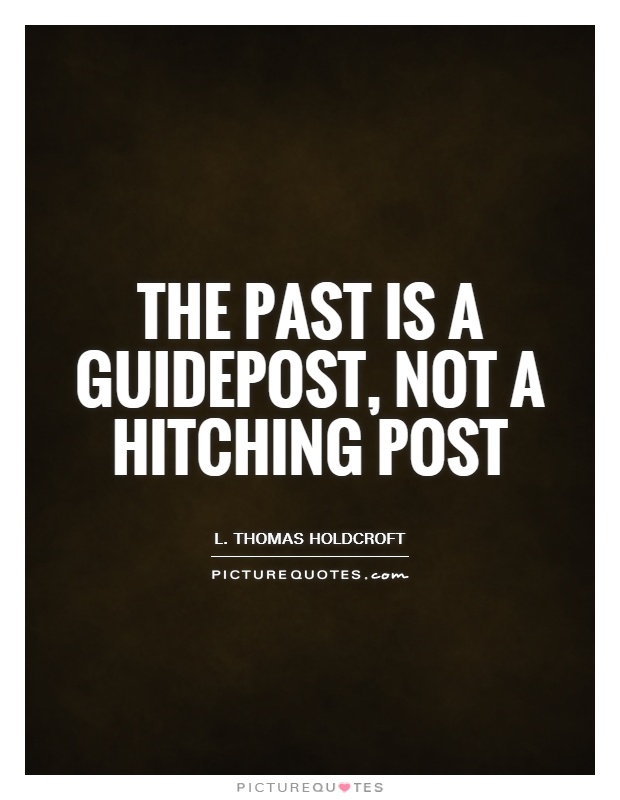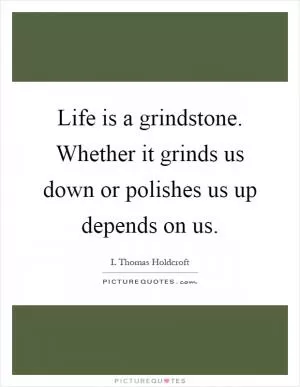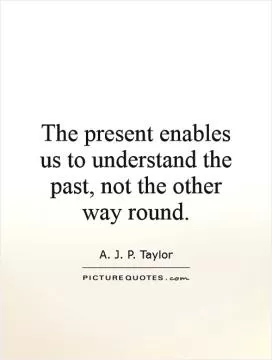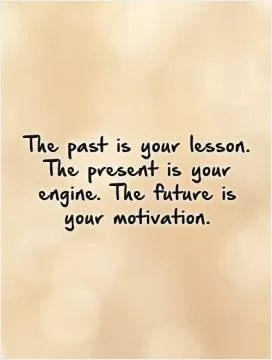The past is a guidepost, not a hitching post

The past is a guidepost, not a hitching post
In the world of literature and philosophy, the quote "The past is a guidepost, not a hitching post" is often attributed to L. Thomas Holdcroft. This powerful statement serves as a reminder that while our past experiences can provide valuable lessons and insights, they should not be used as a crutch or an excuse to remain stagnant in life.Holdcroft's words encourage us to learn from our past mistakes and successes, using them as guideposts to navigate our present and future. By reflecting on our past actions and decisions, we can gain a deeper understanding of ourselves and the world around us. This self-awareness allows us to make more informed choices and avoid repeating past errors.
However, it is important to remember that dwelling too much on the past can hinder our growth and progress. If we become too fixated on past failures or regrets, we risk becoming stuck in a cycle of self-doubt and indecision. This is where the distinction between a guidepost and a hitching post becomes crucial.
A guidepost is a marker that points us in the right direction, helping us to stay on course and make informed decisions. It provides us with valuable information and insights that can shape our future actions. On the other hand, a hitching post is a stationary object that holds us back, preventing us from moving forward and embracing new opportunities.
Holdcroft's quote serves as a gentle reminder that while our past experiences can inform our present choices, they should not dictate our future path. We must learn to let go of the past and embrace the possibilities that lie ahead. By using our past as a guidepost rather than a hitching post, we can continue to grow, evolve, and create a brighter future for ourselves and those around us.












 Friendship Quotes
Friendship Quotes Love Quotes
Love Quotes Life Quotes
Life Quotes Funny Quotes
Funny Quotes Motivational Quotes
Motivational Quotes Inspirational Quotes
Inspirational Quotes